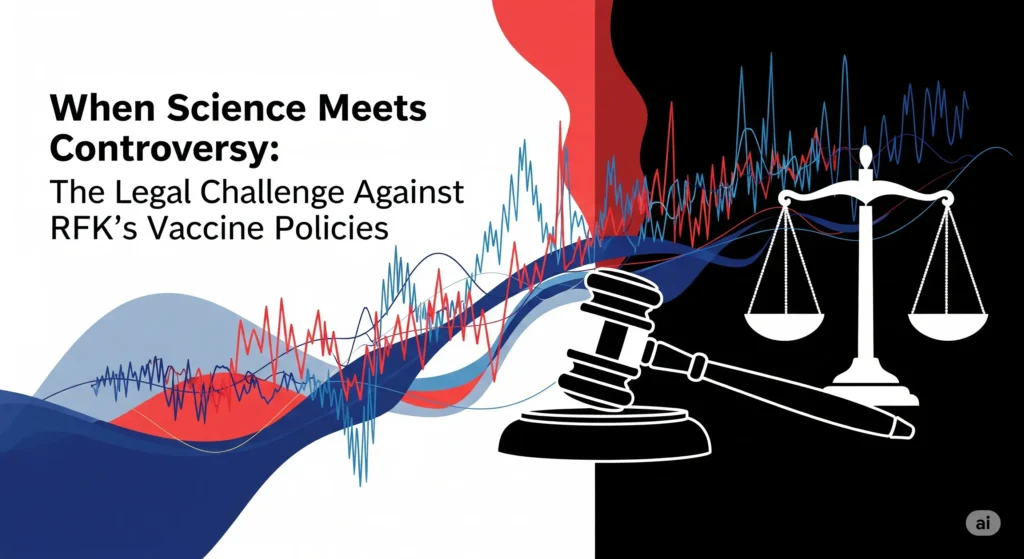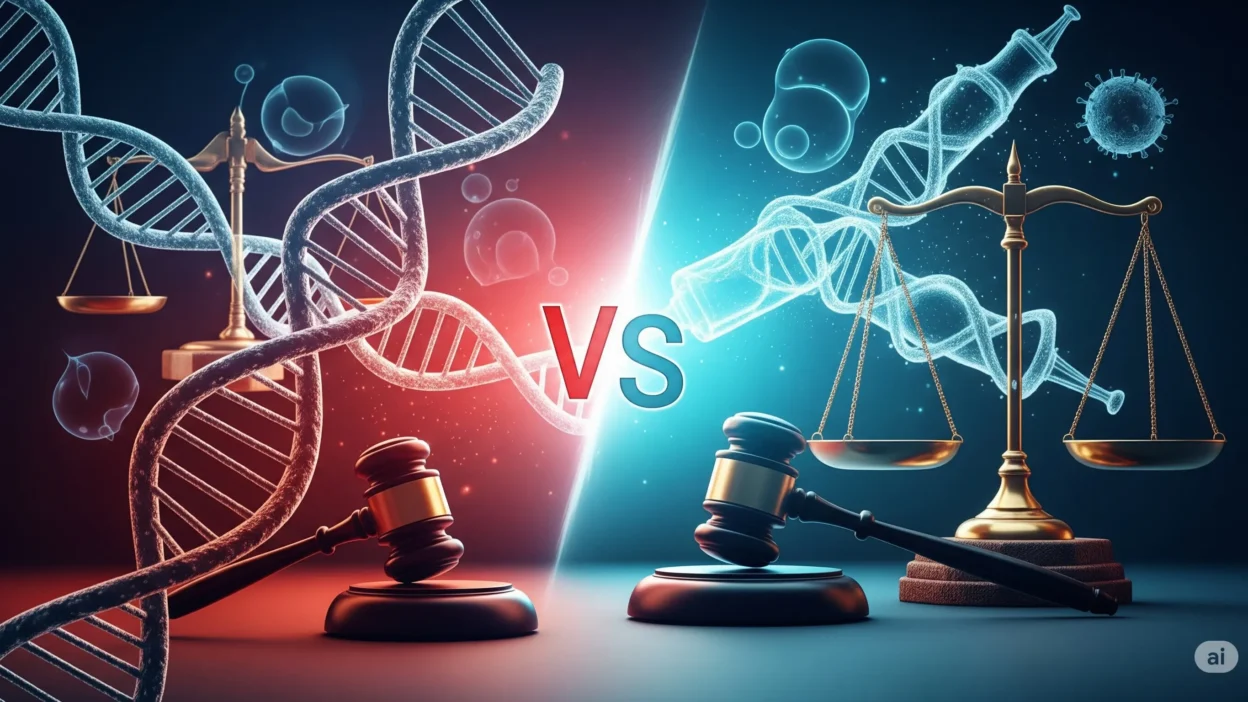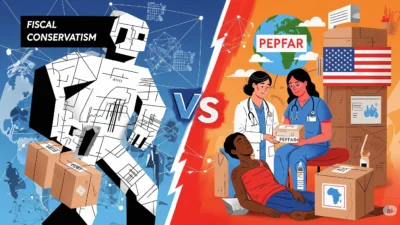Recent developments in public health policy have sparked intense debate, with a coalition of doctors and health organizations now taking legal action against Robert F. Kennedy Jr. over his recent stance on vaccine regulations. The lawsuit accuses Kennedy of sidelining established scientific evidence, which many experts view as critical in the fight against preventable diseases. This clash highlights a broader tension between public health imperatives and the evolving discourse on personal freedoms and policy-making.
The backlash from the medical community stems from concerns that policy changes influenced by Kennedy undermine decades of research and consensus in immunology and epidemiology. Vaccination programs have been instrumental in reducing the burden of infectious diseases globally, and any deviation from science-backed guidelines raises alarms. The legal move by doctors and public health bodies underlines their commitment to maintaining rigorous standards for vaccine safety and efficacy.
From a societal perspective, this situation serves as a cautionary tale about the consequences of politicizing health interventions. While it is essential to question and scrutinize policies, detaching decisions from robust scientific data can jeopardize public trust and health outcomes. The lawsuit symbolizes a broader call for accountability, urging that health policy must remain firmly anchored in empirical evidence rather than rhetoric or ideology.
Looking forward, the outcome of this legal confrontation could set a significant precedent for how vaccine policies are shaped and communicated in the future. It emphasizes the need for dialogue that respects scientific integrity while recognizing public concerns. Bridging the gap between experts and the community is crucial to fostering informed consent and sustained public cooperation in vaccination efforts.

Ultimately, this dispute reminds us that safeguarding public health requires a delicate balance between respecting individual rights and adhering to collective scientific wisdom. As society navigates these complex issues, it is imperative that decisions impacting millions are guided by transparency, evidence, and a shared commitment to well-being. Only through such an approach can trust be rebuilt and public health strengthened.





